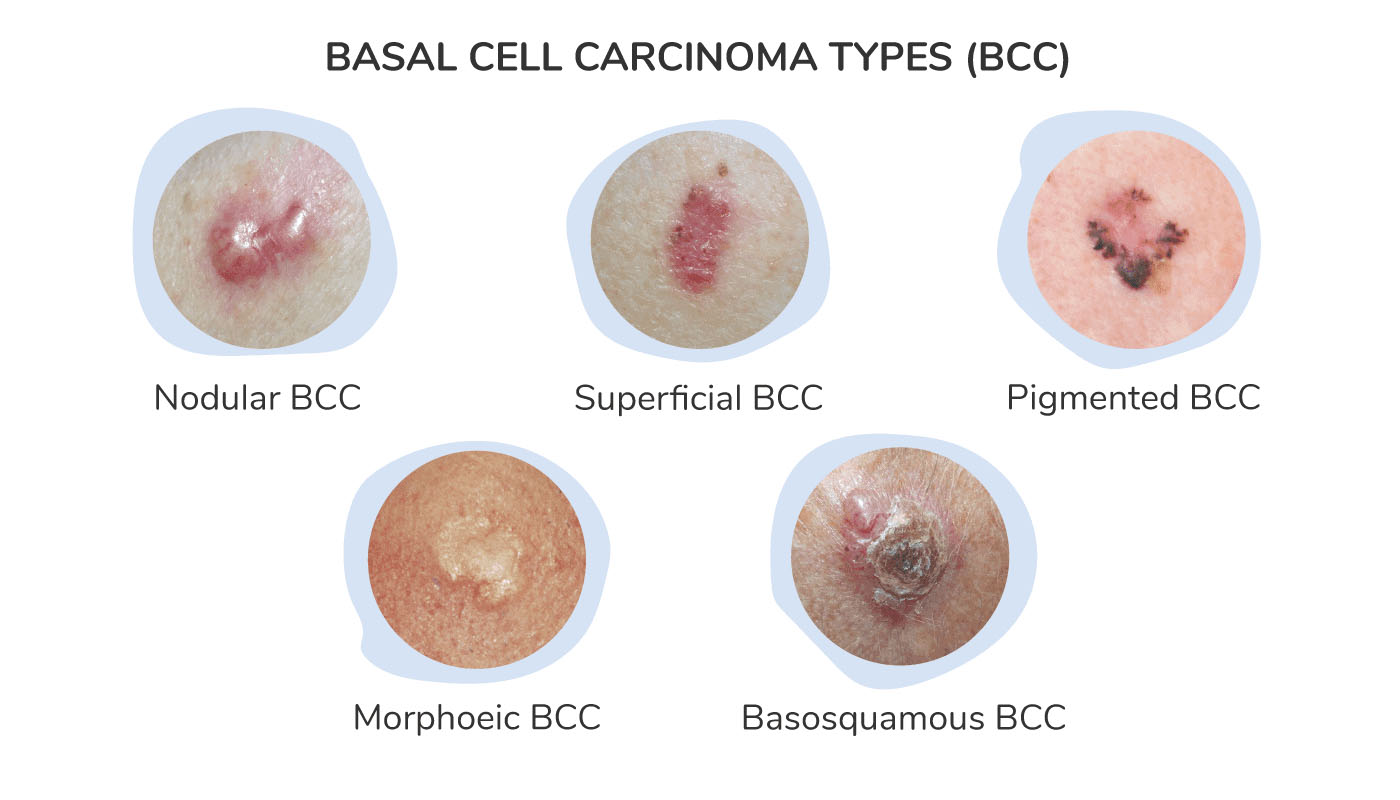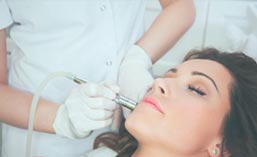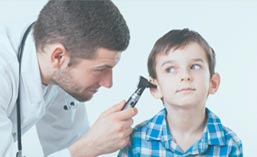Basal Cell Carcinoma Causes
Like most forms of skin cancer, basal cell carcinoma is typically caused by harmful UV radiation that penetrates your skin during sun exposure. Thus, patients with light skin, red or blonde hair and blue or green eyes tend to have the greatest risk of developing basal cell carcinoma. Men are also more likely to develop basal cell carcinoma than women.
Less common causes of basal cell carcinoma include some genetic disorders, exposure to therapeutic radiation, such as X-rays, and exposure to chemical toxins, such as arsenic.
Basal Cell Carcinoma Symptoms
Signs of basal cell carcinoma include presence of growths that are slightly raised or flat and may appear pearly, waxy or scaly. These growths may be white, pinkish or brown in color.
If you have a scab or sore that frequently bleeds, crusts or oozes and does not properly heal within two weeks, or if you notice a scar in an area where you have not been injured, have your skin evaluated by a board-certified dermatologist to check for basal cell carcinoma.


